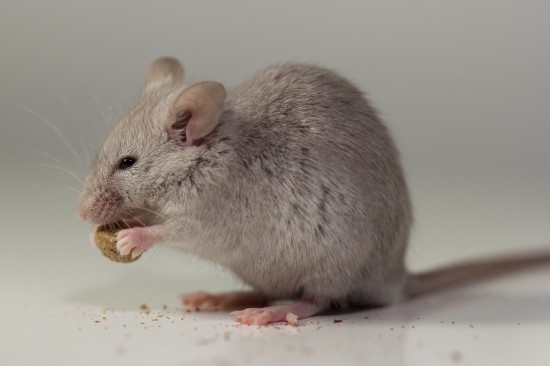There are many health related issues to consider regarding the happiness of your cat and the deworming process should be a top priority. In order to effectively deworm your cat you should understand, how often the procedure should be done, the kind of worms that typically infect cats and the ways in which various types of worms can affect you cat's health. Before exploring theses issues further, here is some background information for you to consider.
Just about all kittens are infected with some kind of parasitic worm at the time of birth, which were transmitted while the kitten was developing inside the mother's womb. Alternatively worm eggs can be transmitted via the mother's milk during the nursing stage. Unless the mother is medically confirmed to be worm-free and lives in an immaculate indoor environment, there is a high probability the her kittens will have worms. With that being said, it is important to understand the following conditions as well as the deworming process involved.
All stray kittens will have worms. Don't assume otherwise. Any stray kitten recovered must be taken to a veterinarian as soon as possible for deworming and other treatments. If your cat is a hunter and catches and consumes small animals such as birds or mice, it is highly likely that your cat will have worms from ingesting worm larvae that commonly exist in these animals.
Indoor cats can also be infected with worms. Chronic heaving and retching behavior is suggestive of a possible worm infestation in your cat. If a cat vomits and the worms are visible, this of course is a clear proof that the cat needs to be dewormed immediately. The most common type or worm to infect cats are Roundworms that look like spaghetti and Tapeworms that are flat and with box shaped sections.
Veterinarian worm testing may not always show a positive result for worms even if they exist. The common fecal test will only show a positive indication of worms if they are active and migrating within the cat. Quite often, worms can exist dormant within the cat's body for a long time and only manifest themselves in a fecal exam after some sort of stress event like pregnancy or surgery.
Sudden changes in appetite or diarrhea are possible signs of worm infection. Fur that loses its sheen or the developing of a protruding belly are other signs. Cats that are observed eating feces must definitely be put through a deworming process.
Determining the exact type of worm infecting a cat will be critical to successful treatment because medication is specific to the type of worm. For example medication to rid a cat of round worms will not work for tape worms or other types of worms. Generally fecal testing is the best method for determining the type of worm infecting cat.
Worm medications can be in the form of a liquid or a pill and when administering medication to a cat it is vitally important to confirm that the cat actually ingests it. Concealing the medication in cat food or a treat is a simple way to accomplish this. It is also important to understand that it typically takes several deworming treatments to completely rid a cat of worms. This is due to the fact the worms in their various developmental stages will vary in their susceptibility to the medication.
In conclusion, you should subject your cat to a deworming process as warranted by conditions mention earlier. Regular veterinary fecal tests and closely monitoring your cat for symptomatic and behavioral signs of worm infection is the key for determining when and how often your cat should be dewormed.

 What Do Mice Eat?
What Do Mice Eat?
What Do Mice Eat?
What Do Mice Eat?
 How To Improve Grazing For Horses & The Dangers Of Dredging
How To Improve Gr
How To Improve Grazing For Horses & The Dangers Of Dredging
How To Improve Gr
 Some Special Cat Care Considerations To Bear In Mind If You Live In A Flat
Some Special Cat
Some Special Cat Care Considerations To Bear In Mind If You Live In A Flat
Some Special Cat
 Otitis Externa In Dogs
Otitis Externa In
Otitis Externa In Dogs
Otitis Externa In
 Five Often Overlooked Financial Costs Of Dog Ownership
Five Often Overlo
Five Often Overlooked Financial Costs Of Dog Ownership
Five Often Overlo